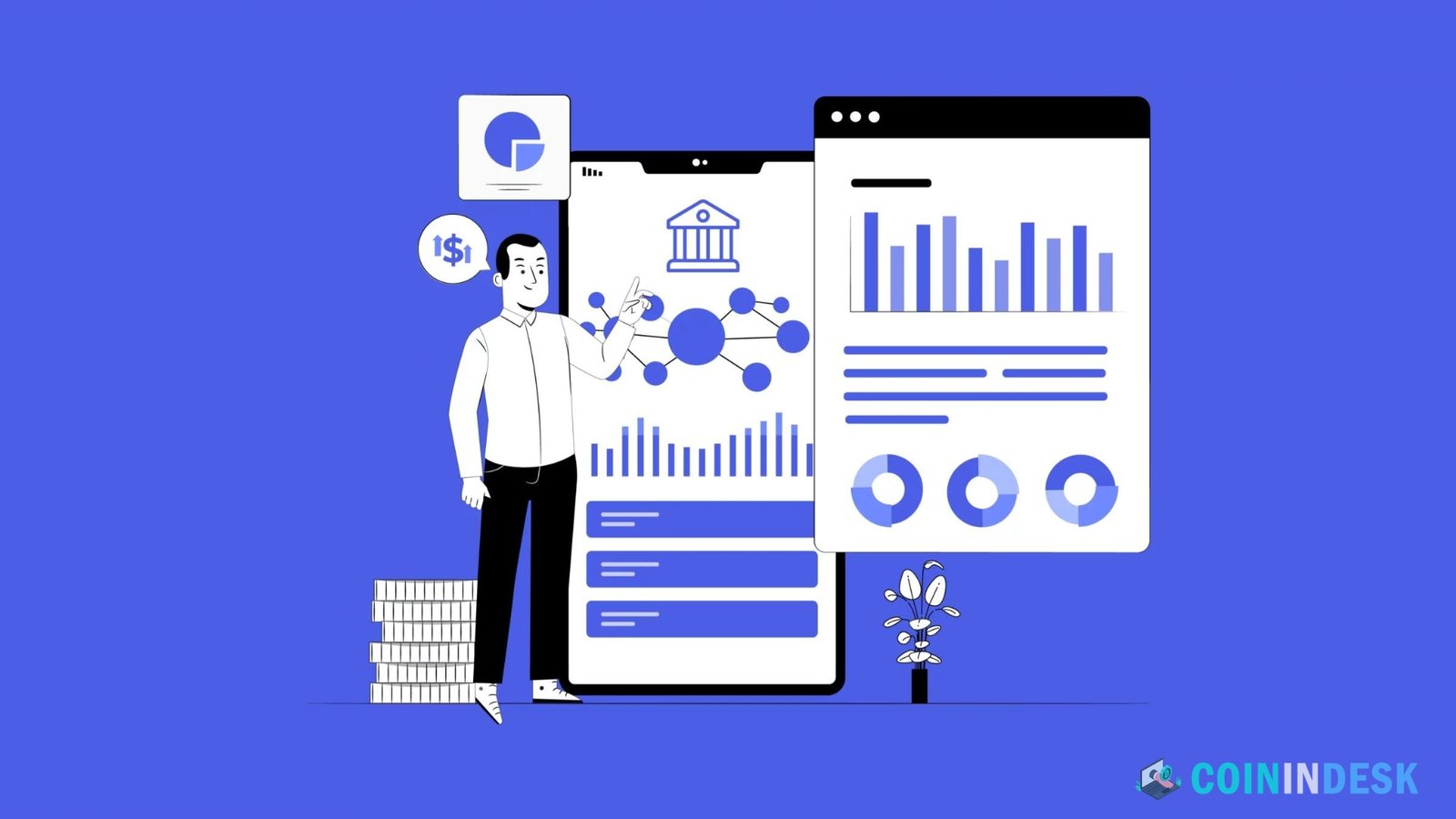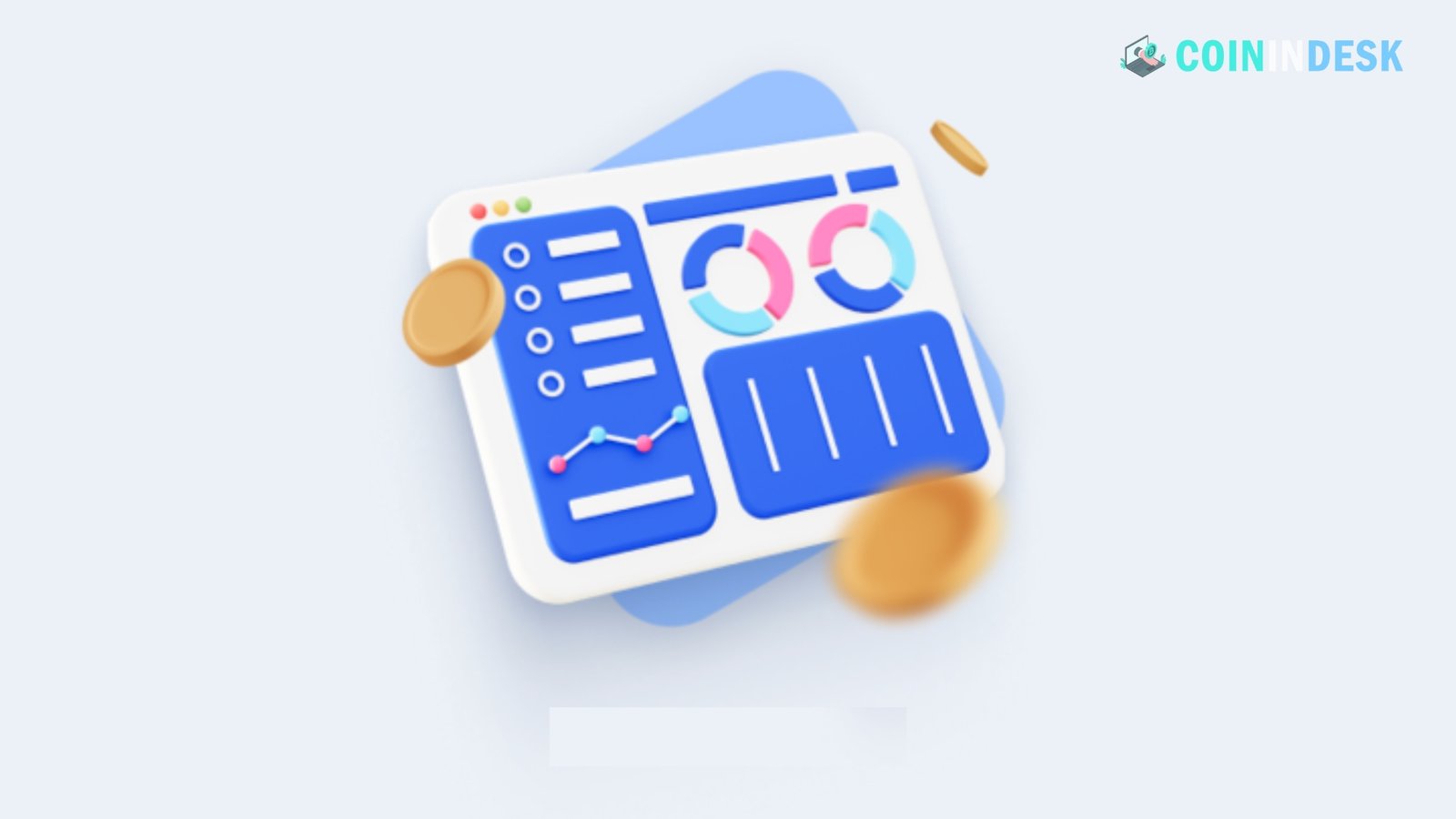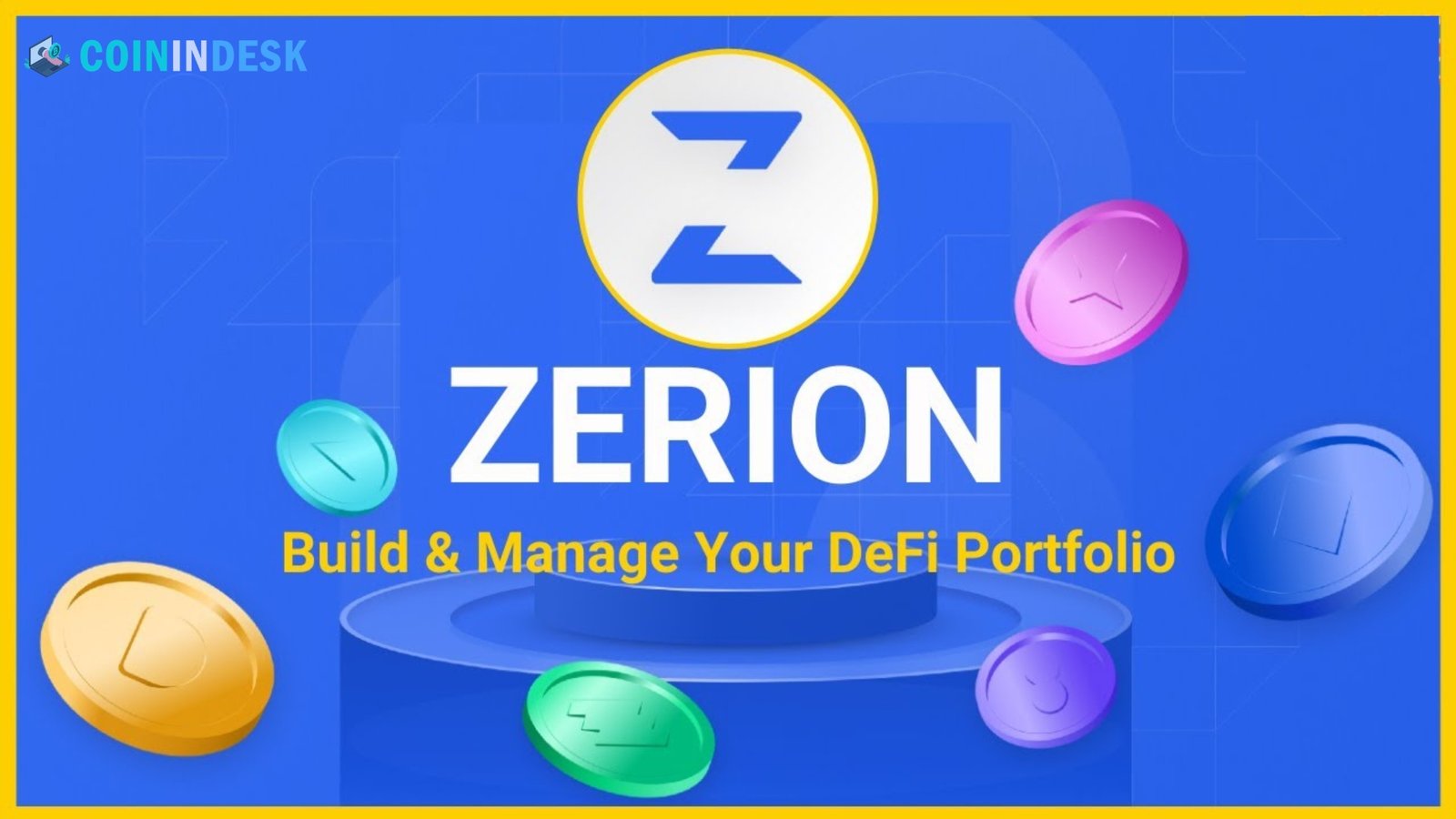DeFi Portfolio Tracker: The intriguing and complex world of decentralized finance (DeFi) constantly changes, and keeping track of investments is no exception. By eliminating the necessity for conventional middlemen in financial transactions, DeFi has ushered in a new age of user-driven financial independence. The sheer number of DeFi platforms, currencies, and protocols makes it easy to lose track of everything in a portfolio. It is in this context that DeFi portfolio trackers are helpful. Anyone intent on effectively using the DeFi space must have these tools.
What is a DeFi Portfolio Tracker?
A DeFi portfolio tracker is a digital tool that allows users to monitor, manage, and analyze their DeFi investments in one place. These trackers typically integrate with various DeFi platforms and wallets, providing a comprehensive overview of assets, including their value, performance, and historical data. With the explosion of DeFi projects, a reliable portfolio tracker is indispensable for maintaining an organized and informed approach to managing investments.
The Importance of Using a DeFi Portfolio Tracker
Centralized Overview of Investments
One of the primary benefits of using a DeFi portfolio tracker is that it provides a centralized overview of all your investments. DeFi users often interact with multiple platforms like Uniswap, Aave, Compound, and others. Manually tracking investments across these platforms can be cumbersome and error-prone. A portfolio tracker aggregates data from different sources, allowing users to view their entire portfolio in one interface.
Real-Time Data and Analytics
DeFi markets are incredibly dynamic, with prices and yields fluctuating rapidly. Portfolio trackers offer real-time data, enabling users to make informed decisions quickly. Many trackers also provide advanced analytics, such as yield projections, risk assessments, and historical performance analysis, helping users optimize their investment strategies.
Transaction History and Tax Reporting
Accurate record-keeping is crucial, especially when it comes to tax reporting. DeFi portfolio trackers automatically record transaction histories, including trades, swaps, deposits, and withdrawals. This feature helps users keep track of their activities and simplifies the process of calculating taxes, which can be particularly complex in the DeFi space.
Risk Management
DeFi is inherently risky, with smart contract vulnerabilities, market volatility, and platform failures posing potential investment threats. A good portfolio tracker helps users manage risk by providing insights into asset allocations, exposure to specific protocols, and possible red flags. Some advanced trackers even offer risk assessment tools that evaluate the safety of various protocols and assets.
Integration with DeFi Wallets and Protocols
DeFi portfolio trackers often integrate seamlessly with popular DeFi wallets like MetaMask, Trust Wallet, and Ledger. This integration allows users to view and manage their assets without manually entering data. Additionally, many trackers support direct interaction with DeFi protocols, enabling users to stake, lend, or swap assets directly from the tracker interface.
Key Features to Look for in a DeFi Portfolio Tracker
When choosing a DeFi portfolio tracker, it’s essential to consider several vital features that can enhance your experience and ensure you get the most out of your investment tracking:
Multi-Chain Support
With the rise of multiple blockchain networks, such as Ethereum, Binance Smart Chain, Polygon, and others, multi-chain support is a must-have feature. A good tracker should be able to monitor assets across different chains, providing a unified view of your portfolio.
Customizable Dashboard
A customizable dashboard allows users to tailor the interface to their specific needs. Whether you prefer a simple overview or a detailed breakdown of your investments, the ability to customize your dashboard can significantly improve your tracking experience.
DeFi Protocol Integration
The more DeFi protocols a tracker supports, the better. This includes popular platforms for lending, borrowing, staking, and trading. Integration with these protocols enables users to interact with their assets directly from the tracker, streamlining portfolio management.
Security and Privacy
Security is paramount in the DeFi space. A reliable portfolio tracker should prioritize user privacy and security by not requiring excessive permissions or access to private keys. Additionally, trackers that offer two-factor authentication (2FA) and other security features provide an added layer of protection.
Mobile Compatibility
In today’s fast-paced world, having access to your portfolio on the go is crucial. Look for a tracker with a mobile app or a mobile-friendly web interface, which will ensure you can monitor and manage your investments anytime, anywhere.
Alerts and Notifications
Alerts and notifications are essential for monitoring market movements and portfolio changes. Whether reprice alerts, yield changes, or security warnings, timely notifications can help you react quickly to market events.
Popular DeFi Portfolio Trackers
Several DeFi portfolio trackers have gained popularity for their features, usability, and reliability. Here’s a look at some of the most widely used trackers in the DeFi space:
Zerion
Zerion is one of the most popular DeFi portfolio trackers, known for its intuitive interface and robust feature set. It supports various DeFi protocols and allows users to trade, lend, and borrow assets directly from the platform. Zerion also offers real-time data, price alerts, and comprehensive transaction history, making it a favourite among DeFi enthusiasts.
Zapper
Zapper is another highly regarded DeFi portfolio tracker that offers seamless integration with various DeFi protocols. It provides users with a clear overview of their investments and allows for direct interaction with DeFi platforms. Zapper also features a unique “DeFi Dashboard,” where users can manage their assets, track performance, and explore new investment opportunities.
Debank
Debank is a multi-chain DeFi portfolio tracker that supports various blockchain networks, including Ethereum, Binance Smart Chain, and Polygon. It offers detailed analytics, transaction tracking, and yield farming insights. Debank is particularly useful for yield farming and liquidity mining users, as it provides comprehensive data on rewards and returns.
Rotki
Rotki is an open-source portfolio tracker that emphasizes privacy and security. Unlike many other trackers, it runs locally on your device, ensuring your data remains private and secure. It supports various DeFi protocols and provides detailed insights into your portfolio’s performance. Rotki also offers tax reporting features, making it a valuable tool for users concerned about privacy and compliance.
Ape Board
Ape Board is a multi-chain portfolio tracker for yield farmers and DeFi power users. It supports numerous blockchain networks and DeFi protocols, providing a comprehensive overview of your investments. Ape Board also offers advanced features like yield farming analytics, liquidation tracking, and profit/loss calculations, making it a powerful tool for serious DeFi investors.
The Future of DeFi Portfolio Trackers
As the DeFi space continues to grow and evolve, so will the tools and technologies used to manage it. The future of DeFi portfolio trackers will likely see the integration of more advanced features, such as AI-driven analytics, improved risk management tools, and more significant support for cross-chain assets. Additionally, as regulatory scrutiny increases, portfolio trackers may incorporate more robust compliance features, such as automated tax reporting and KYC/AML integration.![]()
Cross-Chain Asset Management
Cross-chain asset management will become increasingly important as the DeFi ecosystem expands across multiple blockchains. Future portfolio trackers will likely offer enhanced support for cross-chain transactions, allowing users to manage assets seamlessly across different networks. This will enable greater flexibility and interoperability within the DeFi space.
Enhanced Security Features
Security will continue to be a top priority for DeFi portfolio trackers. Future developments may include more advanced encryption methods, decentralized identity solutions, and hardware wallet integrations. These features will give users greater control over their data and assets, reducing the risk of hacks and breaches.
Regulatory Compliance Tools
As governments worldwide begin implementing regulations for the DeFi space, portfolio trackers must adapt by offering compliance tools. This could include automated tax reporting, KYC/AML checks, and tools for tracking and reporting transactions by regulatory requirements. These features will be essential for users who want to stay compliant while participating in the DeFi ecosystem.
Conclusion
DeFi portfolio trackers are indispensable tools for anyone involved in decentralized finance. They offer a centralized and efficient way to monitor, manage, and optimize investments across multiple platforms and protocols. With real-time data, advanced analytics, and seamless integrations, these trackers empower users to make informed decisions and stay on top of their investments. As the DeFi space evolves, portfolio trackers will be increasingly important in helping users navigate this complex and dynamic landscape. Whether you’re a seasoned DeFi investor or just getting started, a reliable portfolio tracker is a must-have tool.

